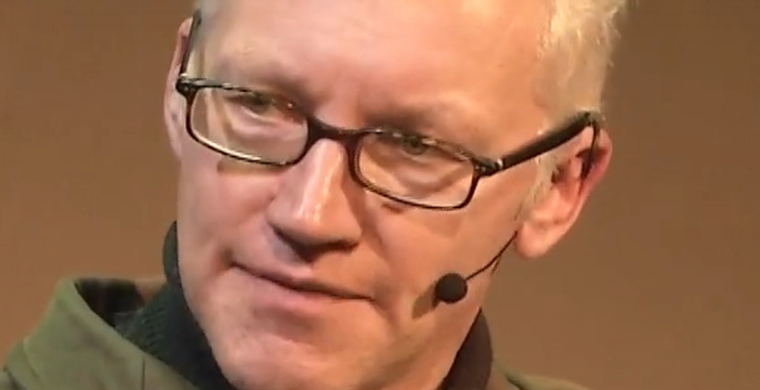How the Christian Revolution Remade the World
By James Diddams
www.juicyecumenism.com
November 18, 2021
Tom Holland, a historian of empires, wrote Dominion: How the Christian Revolution Remade the World (2019) and challenged the predominant secular narrative of moral progress. In this telling of history, the modern world we know is the result of centuries of work towards emancipation from religious superstition. Although himself an atheist, Holland argues this progressive historiography fails to consider that our moral categories themselves are the result of Christian influence.
Holland recently discussed Dominion on an episode of the Ploughcast, part of Plough Quarterly published by the Anabaptist Bruderhof community. It was hosted by Susannah Black and Peter Momsen, editors of Plough.
The interview began with a discussion of the role of moral imperatives in the justification of empire. cultures and traditions while also professing a universal and borderless brotherhood of man. An empire, in contrast to a nation, is a body which unites disparate peoples into some kind of unity, whether it's justified by "might makes right," a religion or another ideology.
"Persia is the first empire that effectively moralizes its own imperialism," says Holland. "So it sees the world in terms of good and evil, of light and darkness. And that obviously is a huge influence on Christianity, and indeed Islam. And there's a tendency in the West to see ourselves as the heirs of Greece and of Athens, but I think we're at least as much the heirs of Persia... the idea that simply because America is a democracy and because Athens was a democracy, therefore there's a straight line of descent from the two is very much complicated by the fact that actually, it's Persia that provides the model for Christian and Islamic imperialism."
Though Holland is an atheist, he confessed that the final chapter of his book is "an acknowledgement that it's ridiculous to imagine that I can stand outside. Because the central claim of the book is that the West is just completely Christian. That you don't have to go to church or believe in God to be shaped by it so profoundly as, in effect, to be Christian. So to that extent, I would say I'm absolutely Christian because I think it's impossible to be in the West and not to be shaped and influenced by it."
But how did Christianity alter the preceding Roman and Greek worldview, which the West's perspective also draws from? Holland illustrated the difference by looking to "the core symbol of Christianity... the cross" which "had important significance in the Roman imagination as an emblem of their power, and their authority to inflict torture... to suffer on the cross for the Romans is the worst possible death. It's the most humiliating; it's the most agonizing.
Holland continued: "And the humiliating character of the death is precisely what then serves to affirm the dignity of Rome as an imperial power and the master, as someone who can inflict this suffering on the slave. Christianity obviously radically, radically reconfigures that. And the idea that the cross can serve as an emblem of the triumph of the slave over the master or the victim over the victimizer or indeed the provincial over the imperialist is so destabilizing. But it's hard to put into words just how profound a cultural upheaval it represents."
Black described the "empire" created by the rise of Christianity as "an empire of the mind... although not a political empire, there is almost an invisible empire which I would say corresponds to something like what Christians think of as the Kingdom of God, that's been permeating through the West over the course of Christianity's rise."
Holland then discussed the way that many of the social movements in America post-WWII, despite being outwardly secular, are in fact heavily laden with religious baggage. During the African-American Civil Rights Movement of the 1950s and '60s, Martin Luther King, Jr. and other leaders utilized distinctively Christian rhetoric to advance their cause. But later movements for feminism, gay rights and other ideas of social justice have maintained the same Christian underpinning with different, ostensibly secular language.
"It seems to me that essentially the culture wars, arguments over theology, where one side isn't recognizing the fact that actually it's a theological argument because the fundamentals of antiracism, of gay rights, of Trans rights, of feminism are all rooted in the Christian assumption that the first shall be last and the last shall be first. The idea that it's better to be the victim than the victimizer," Holland reflected.
The conversation concluded with a discussion of philosopher Friedrich Nietzsche, known for being the first philosopher to realize the inescapability of the Christian morality that permeated Europe. As European elites fancied themselves more and more secular, Nietzsche saw through the ruse that liberal-democratic values could ever function without Christian influence. His words continue to describe the progressive Left in America, which despite its apathy or hostility to Christianity, still depends upon it as an ungrateful heir.














